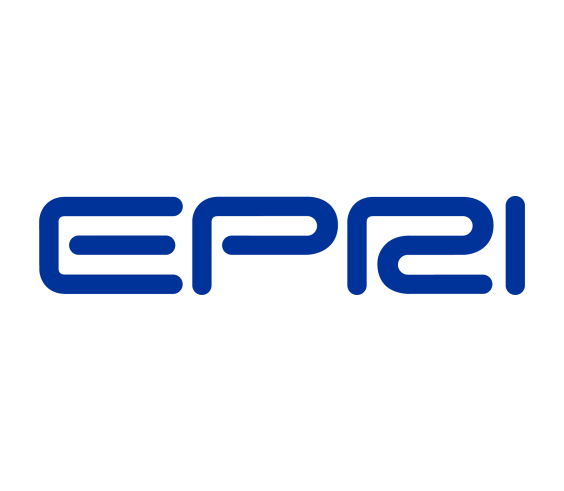The funding for net-zero energy initiatives in Gulf Cooperation Council (GCC) countries comes from both the public and private sectors, with government investments playing a crucial role. Sovereign wealth funds like Saudi Arabia’s Public Investment Fund and Qatar’s Investment Authority have strategically invested in renewable energy projects. The private sector is increasingly involved, with venture capital firms and corporate entities supporting clean energy startups and innovation. Educational and research institutions, such as the King Abdullah University of Science and Technology (KAUST) in Saudi Arabia and Qatar Science & Technology Park in Qatar, are driving research and development in renewable technologies. The United Arab Emirates, Saudi Arabia, and Qatar have implemented various incentives and policies to attract investments in renewable energy, aiming to diversify their economies away from hydrocarbons. Despite significant efforts, challenges remain, including the region’s heavy reliance on fossil fuels, high subsidies, and the harsh environmental conditions that complicate the deployment of renewable energy systems. However, the GCC’s commitment to international climate agreements and the long-term economic benefits of renewable energy are gradually reshaping the region’s energy strategies. As global energy markets evolve, the GCC countries are increasingly focusing on clean energy to ensure economic stability and sustainability in the future.
A benchmarking study was conducted, comparing the peer program of the United States’ Inflation Reduction Act with the initiatives in the GCC countries. While the GCC countries are dedicated to investing in renewable energy, the Inflation Reduction Act’s centralized and well-structured approach differs from the more diverse and dispersed efforts seen across the GCC. The study shows that the U.S. is utilizing extensive financial resources and a solid policy strategy to spearhead green technology adoption, while the GCC is advancing significantly in solar and wind energy but contends with distinct challenges stemming from its economic dependence on fossil fuels.
This research project evaluates the potential for strengthening the regional economic system of the GCC to support the development and deployment of net-zero energy technologies. It maps key private, public, and non-profit entities, analyzes funding opportunities and partnerships, and assesses the challenges and drivers for adopting these technologies. The project’s impact includes reducing reliance on hydrocarbons and addressing climate change, aligning with global sustainability goals.
The methodology involves desk research, stakeholder interviews, and data analysis to evaluate the maturity of the region’s innovation ecosystem and compare it with global best practices.
Click here to view the full report
RESEARCH FELLOW: Mohamed Adalbi.
MANAGING FELLOW: Alex Inoma.
PARTNER COLLABORATOR: Dan Killoren, Innovation Hub Program Manager, EPRI.
This research was completed as part of the 2024 E4C Fellowship program. If your organisation would like to become a research partner, contact impactprojects@engineeringforchange.org.

No Comments.